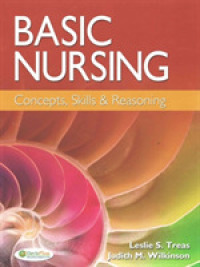- ホーム
- > 洋書
- > ドイツ書
- > Social Sciences, Jurisprudence & Economy
- > Education Science / Pedagogic
- > public education (school & university)
Full Description
This book has received the AESA (American Educational Studies Association) Critics Choice Award 2013.
The book deals concretely with the most effective ways for educators to be social justice advocates, with questions about what it means to be a social justice advocate, and with the best communication strategies to advocate for a particular social justice view that might start and sustain an open dialogue. The book presents a number of practical approaches to dialoguing about social justice in formal educational settings. It is well suited for college students, graduate students, faculty and higher education administrators, politicians, and anyone interested in having a civil discourse addressing social justice.
Contents
Contents: Robert J. Nash: Preface: A Real-World Advocacy Dilemma - Robert J. Nash: Laying the Groundwork for Becoming Effective Social Justice Advocates - Robert J. Nash: An Overview of Five Types of Advocacy - Richard Greggory Johnson III: Social Justice Radvocacy: The Pros and Cons - Richard Greggory Johnson III: Social Justice Madvocacy: The Pros and Cons - Michele C. Murray: Social Justice Sadvocacy: The Pros and Cons - Michele C. Murray: Social Justice Fadvocacy: The Pros and Cons - Robert J. Nash: Social Justice Gladvocacy: The Pros and Cons - Robert J. Nash/Richard Greggory Johnson III/Michele C. Murray: Our Uncensored Personal Reflections on the Five Advocacy Styles - Robert J. Nash: Firsthand Reports from the Field: Social Justice Advocates Weigh In with Personal Observations.






